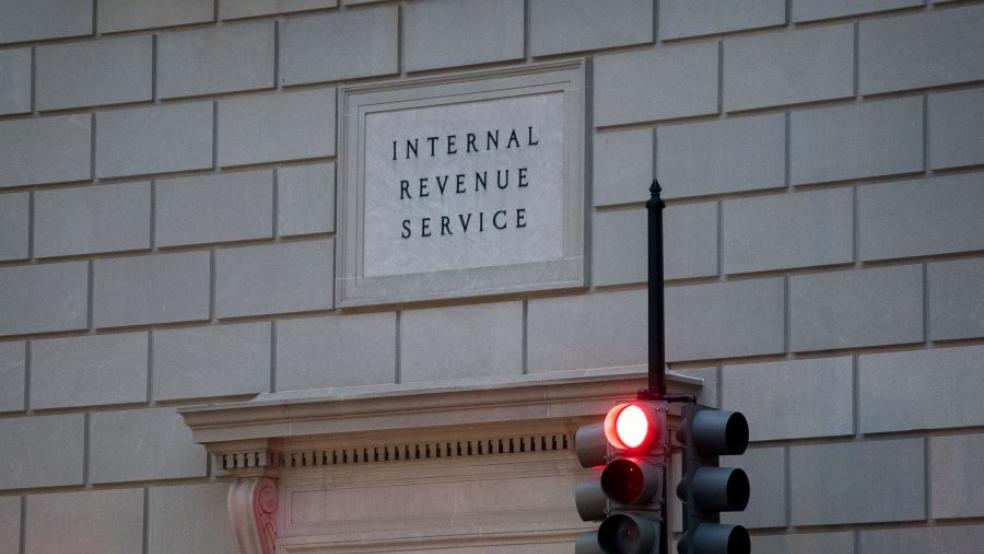The Treasury Department is warning that $20 billion for Internal Revenue Service enforcement efforts is effectively frozen as the result of legislative language used in the stopgap law passed to fund federal agencies through December 20.
In 2022, Democrats provided the IRS with a funding boost of $80 billion over a decade on top of the agency’s annual budget — money that was to be used to ramp up enforcement, modernize technology and improve taxpayer service. Republicans waged a brutal campaign against the stepped-up enforcement, and they succeeded in getting the Biden administration to agree to redirect $20 billion toward other programs.
The current freeze affects an additional $20 billion in IRS enforcement funding. It’s the result of the latest stopgap legislation, passed in late September, to keep the government running until just before the end of the year. As The Wall Street Journal’s Richard Rubin explains, “that legislation kept the prior year’s language, effectively repeating the $20 billion enforcement cut. Congressional Republicans told the industry publication Tax Notes that this was part of an intentional strategy and that they tried not to call attention to it before it kicked in.”
The Biden administration is looking to address the problem and unfreeze the funding in the next spending bill. “The IRS is going to potentially have to make dramatic decisions about stopping hiring and starting to budget for a world which they don’t have $20 billion, which will stop a lot of their progress,” Deputy Treasury Secretary Wally Adeyemo told reporters. “If they don’t get that $20 billion that is at risk, they would run out of enforcement money at the current pace sometime in fiscal year 2025.”
That would mean 6,000 fewer audits of top-earning individuals and 2,000 fewer audits of large corporations, Adeyemo said. The decreased enforcement would result in an increase in the deficit of $140 billion, he said.
The bottom line: The issue could prove to be a point of contention in upcoming talks to fund the government beyond the December 20 shutdown deadline, though Republicans are also set to have more control over IRS funding — and seek severe cuts — as they take over both chambers of Congress and the White House next year.





